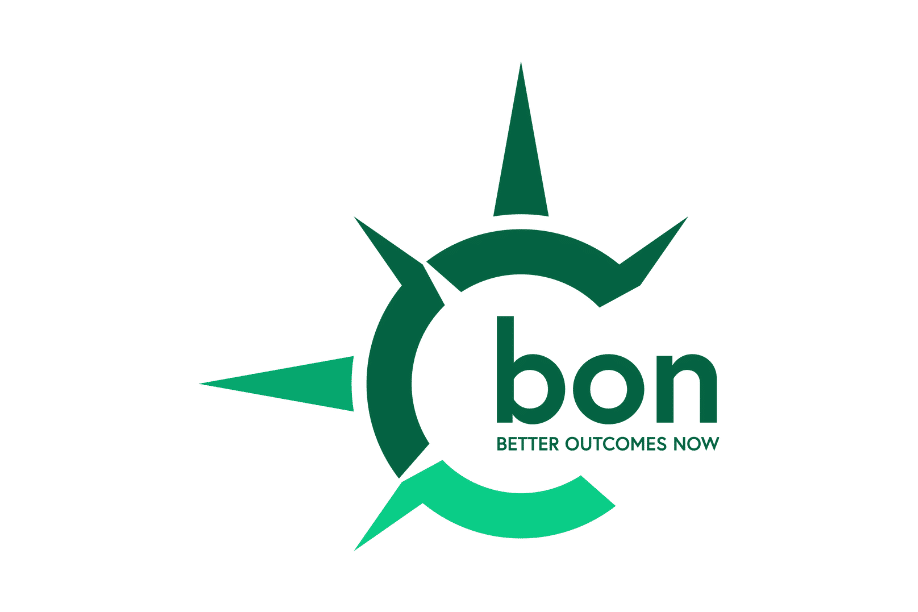What We’ve Been Up to at Better Outcomes Now

Better Outcomes Now or BON, the web application of the evidence-based practice, the Partners for Change Outcome Management System (PCOMS), is an empirically proven measurement-based care (MBC) system that combines science, technology, feasibility, and clinical expertise to improve therapeutic outcomes and reduce dropouts. In fact, ten randomized clinical trials (RCTs), a cohort study, and three benchmarking investigations demonstrate that PCOMS increases effectiveness and efficiency.
Barry L. Duncan, Psy.D. developed PCOMS as a collaborative clinical process to privilege clients, promote egalitarian services, and enhance outcomes.
Ultimately, he created BON as a true application of the spirit and intent of PCOMS.
He is the leader of the research team responsible for its scientific credibility, evidence-based designation, and commitment to social equity.
Barry’s twenty plus years of MBC clinical and research experience is reflected in every aspect of BON. BON serves client and patient populations across the life span in any behavioral health treatment or integrated care setting with any modality of service.
Given that BON’s instruments have been widely used and researched with a broad range of client problems and diagnoses for over twenty years, BON is applicable across client/patient problems and diagnoses. No need for a lengthy array of confusing measures with questionable validity, BON provides one research tested, ultra-brief outcome measure—one size does indeed fit all, making BON the easiest and most user-friendly way to meet accreditation standards for MBC.
What’s New
2022 and 2023 have been busy times at Better Outcomes Now. But the hard work from our team is leading to significant advances in routine outcome monitoring (ROM) technology. After already leading the industry in reporting and analytics, our analysis of over 2 million administrations of our measures have led to several upcoming advancements.
ETR Trajectories
- Separate expected treatment response (ETR) trajectories for youth and adults. Now we can predict outcomes specific to youth and their caregivers. Better tailored feedback equates to better outcomes. We were the first to develop a self-rated outcome measure for children aged 6-12, the Child Outcome Rating Scale (CORS). Apparently, no one before cared much about what children thought about the benefit of therapy! And now we are the first to create youth and caregiver specific trajectories. This is important because BON includes a real-time collaborative comparison of client views of outcome with an ETR that serves as a yardstick for gauging client progress and signaling when change is not occurring as predicted. With this alert, therapists and clients have an opportunity to shift focus, re-visit goals, or alter interventions before deterioration or dropout.
- Separate ETR trajectories for short-term and longer-term therapy. Now we can predict outcomes specific to folks who stay in therapy longer than 12 encounters. People sometimes misunderstand the trajectories showing that the majority of change happens in the first 6-8 sessions with diminishing returns thereafter. Some believe that it doesn’t capture longer term therapy and is somehow an indictment of such work. Those folks are right and wrong. They are right because trajectories based on only 8-12 sessions do not capture that 1 in 4 or 5 clients who go beyond those session numbers. They are wrong that such trajectories somehow cast shade on longer term work. Shorter term trajectories are just based on the fact that the overwhelming majority of clients simply do not stay in therapy beyond 12 sessions. But we have solved that problem by offering both short term and longer-term predictions. Better tailored predictions equate to better outcomes.
- Adding to our unlimited analytics of key progress indicators of the Outcome Rating Scale (ORS), we will also offer unlimited analytics of the PHQ-9 and GAD-7. Better analysis equates to better understanding and ultimately to better outcomes.
- Adding to our existing capacity for creating variables (filters) for analysis, we will offer the unlimited creation of variables (filters). Any variable you can imagine, we can analyze at any level (therapist, program, team, organization) you want. Better analysis equates to better understanding and better outcomes.
Other advancements in the works:
- Enhanced fidelity checks including the Provider Adherence Scale (PAS). Successful implementation means getting everybody on board and all therapists conducting the evidence-based practice, PCOMS, to fidelity. Adherence to the protocol is important and translates to improved outcomes and increased efficacy. It ain’t just flicking forms! The PAS is designed to shape clinicians into acceptable fidelity and ensure data integrity. It complements the other implementation and training tools already in BON.
- Streamlined telehealth functionality. Although the pandemic is mainly over (knock on wood), telehealth services are here to stay. Just about all agencies have evolved to become hybrid services, offering both face-to-face and on-screen services. BON has always allowed all aspects offered in person to occur via telehealth but with this enhancement, clients will have their own accounts.
- Mobile app for clients and therapists. While apps are available for nearly everything, until recently, we were not impressed with the app technology of providing MBC via mobile devices. That has changed and so have we. Our app will provide the essentials of BON dedicated first to the client and therapist, and then to all the administrative functionality represented in the web-based BON.
What to know more about PCOMS and BON at a glance? Click here.
